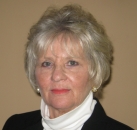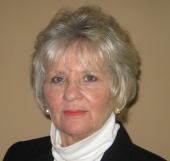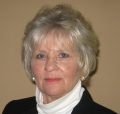For me . . . the most exciting evolution in Call/Contact Center technology is speech analytics and here is why:
- Fine tuned to the point where if a certain word is used the interaction is recorded
- Identifies the emotion in the voice
- Converts voice to text
- Searchable data
- Sends real-time alerts to supervisors
- Monitors the entire customer experience
- Unlocks the information buried in customer conversation
Applying speech analytics enables you to focus on key issues that matter most.
You can drill down to the root causes of customer and agent issues and concentrate on problems that impact company wide performance.
Speech analytics is a powerful tool and should be used to place customer needs front and center:
- Improve processes
- Empower agents
- Identify
- Service issues
- Trends
- Product needs
- Product problems
- Strategies
This week’s question for your employees – Explain speech analytics, ask how they feel about this technology and how would it benefit your company?
Thank you for reading and sharing!
Warmest regards,
Laura Sikorski – Independent Call Center Consultant
WebTV Show Video Archives http://thedailyblu.com/video/video/search?q=sikorski%27s+think+abouts


















